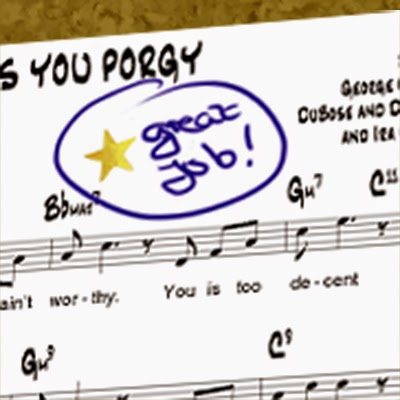Getting Off the "OK Plateau" - Breaking Through Walls in Your Practice

Joshua Foer , author of Moonwalking with Einstein, gave a talk on 99u about the techniques that experts use to become great at what they do. As a martial artist and musician, I'm always looking for ways to improve and to practice more efficiently. The OK Plateau In 1967 a much-cited textbook was written about how people acquire skills. The authors said that we go through three phases. Think of the way we learn to ride a bicycle, learn to type, or drive: Cognitive Phase - We devote a lot of mental energy to the skill, thinking about the tasks, discovering new ways to do better Associative Phase - We start to feel that we're improving, we make fewer errors Autonomous Phase - This is when we decide we're competent. We "turn on autopilot," doing a lot of the tasks without a lot of cognitive thought. Foer calls the third phase "The OK Plateau." It's fine to reach a plateau when I'm OK at typing or driving, but not when I'm practi...

